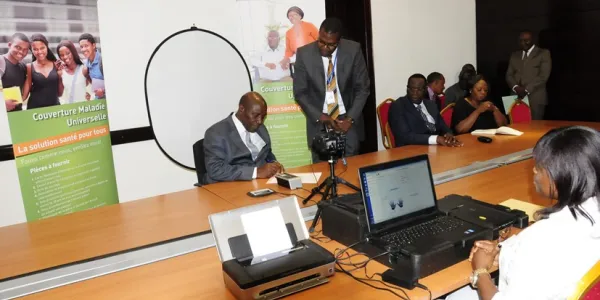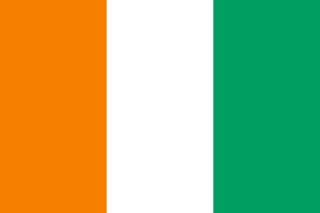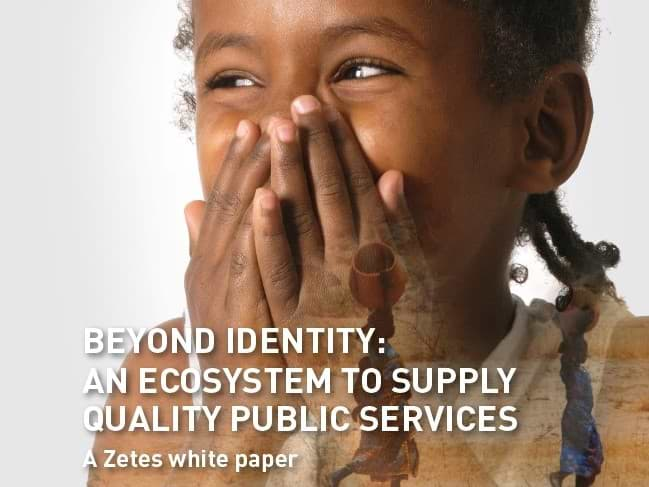In 2014, the government of the Côte d’Ivoire decided to establish a universal medical cover system (CMU). Operating as the technical partner of local company SNEDAI, ZETES ensures the correct registration, the production of cards and the authentication of four million people covered by the CNAM (the national health insurance fund). The aim of this project is to prevent fraud and ensure efficient operation of the fund's reimbursement system for healthcare services providers.
|
Key figures
Project timeline – 2014-2015
|
The United Nations have repeatedly pointed out that a universal healthcare system would play a key role in the development of Africa. In 2014, only 5% of the Ivorian population enjoyed some form of medical cover, usually via private insurance or employee programmes. The universal medical cover system (CMU) put in place by the government of the Côte d’Ivoire, under the leadership of the President Alassane Ouattara, is the country’s response to this pressing need. The programme is intended to provide better access to healthcare for all segments of the population. To implement the project, the CNAM is partnering up with SNEDAI, the national company for the issuing of administrative identification documents. Diane Kamna, General Director from SNEDAI, explains: “CMU is an effort to improve the health cover of all Ivorians, whatever their income, by making it compulsory. The authentication of its beneficiaries is the cornerstone of the CNAM system for handling reimbursements.”
Implementation of a highly secured card personalisation site
In order to be efficient, such a system needs to rely on accurate data of the Universal Health Cover beneficiaries. SNEDAI therefore called upon ZETES and its deep technical know-how to deliver an end-to-end authentication solution. The two companies know each other well as they have worked together on several identification and authentication projects in West Africa since 2008. “The success of our collaboration with ZETES for the personalisation of the Ivorian passports gave us every confidence that CMU operations would run smoothly too” Kamna comments. The first enrolments took place only 3 months after the project was initiated and a highly secured card personalisation site is currently being implemented.
From enrolment to authentication
ZETES pays special attention to the secure management of data. This is best achieved by exerting a total control over the complete authentication process. In the case of the CNAM project, ZETES’ services include:
- Enrolment hardware, software and services
- Data processing
- Integration with the business application
- AFIS services
- Implementation of a secured card personalisation site, including CMS, PMS, machines and personalisation as a service.
In the case of healthcare programmes, the identification of people holds an additional challenge, as third parties, such as hospitals, pharmacies and other healthcare services providers, also need to be able to authenticate the person requesting assistance and, therefore, access the central data repository. For these players within the healthcare sector, this requirement is motivated by the financial risk they are running in case of attending a person who does not benefit from the appropriate cover. The solution was therefore completed by the deployment of the ZETES VERIFY authentication solution, consisting of mobile terminals, and an authentication application.
A cost effective card with high security features
The quality of the ID document is also extremely important as it needs to present high security features which protects it against forgery. Zetes achieved to deliver a cost-efficient card which includes guilloches, micro text, UV and a colour picture of the card holder. Additionally to the printed biographical data, the card also holds a datamatrix code, containing both the biographical and biometric information. Datamatrix is the code which offers the highest recognition rates, especially when said card is damaged.
Build & Operate model: limited initial investment by the CNAM
The project is delivered as a Build & Operate. This means that the initial investment needed by the CNAM is very low. SNEDAI and ZETES take care of the implementation costs and get their revenue from each produced document. Additionally, in this kind of model, ZETES invests in a local infrastructure, creates local jobs and organizes a knowledge transfer. Employees of the personalisation site have been trained and benefit from ZETES’ experience for bringing and keeping the new site into operation.


